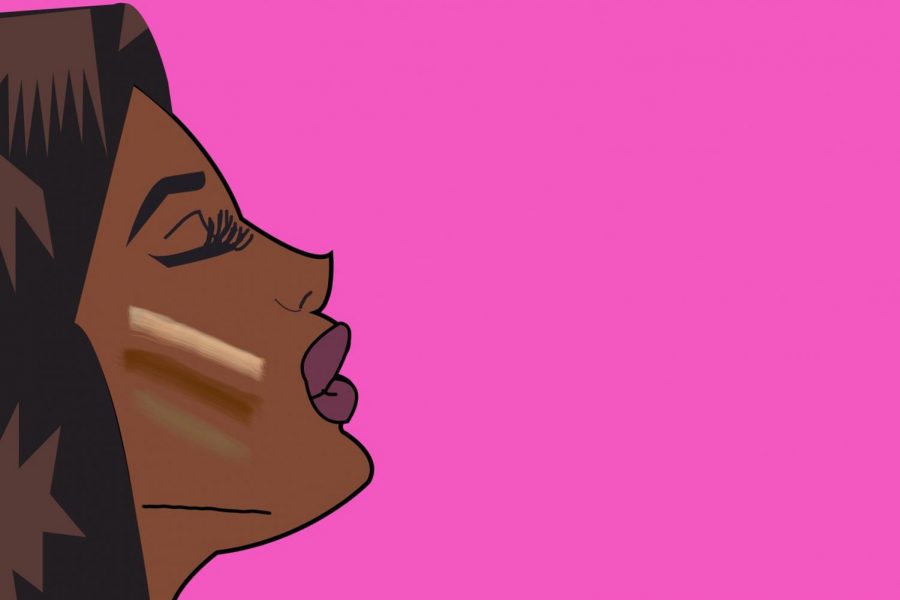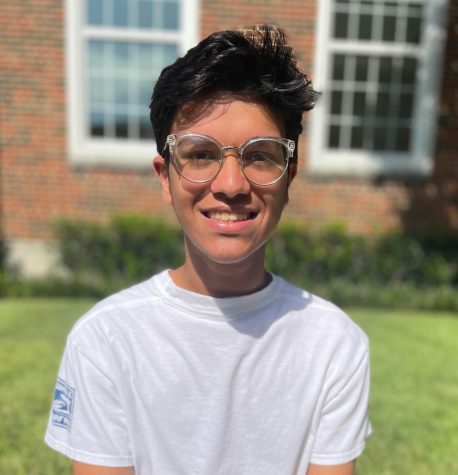In makeup, foundation is supposed to cover the skin of the face naturally and evenly.
But for people with darker skin tones, this standard is less often attainable. Makeup brands lack enough foundation shades to cover the entire range of skin tones, promoting racism and hurting the self-esteem of young people of color.
Racism in makeup has its roots in historical beauty standards. During the Middle Ages in Europe, white skin was viewed as the ideal. Women during this era did drastic things to appeal to this beauty standard such as applying chalk and egg whites to their whole body.
This beauty standard of pale skin spread across the globe with European colonization, and is still present today. The makeup industry at large produces cosmetic products only for white skin shades with limited or no shades for people of color.
Tarte, BeautyBlender, and Yves Saint Laurent are all large, multi-million dollar revenue makeup companies that have a large range of white and paler shades, yet lack foundation shades for people of color.
What few shades the lines intended for people of color are lighter shades, or extremely saturated colors that were obviously not well thought out.
For example, Tarte Tape Shape foundation’s original launch came out with 15 foundation shades. However only two foundation shades were designated for dark-skinned consumers, named “rich sand” and “mahogany,” with all other 13 foundation shades catered for white or light-skinned people.
The fact that a multimillion revenue producing makeup company can not produce more than two shades for people of color is ridiculous.
People of color are in no way less than white people and deserve to have a foundation shade that matches their skin instead of having to wear a shade that might whitewash them or give their skin the wrong tint.
Imagine the impact on people of color, who are presented with limited makeup options. They have to choose between wearing an incorrect makeup shade, or not wearing makeup at all, which can hurt their confidence. The Renfrew Center Foundation recorded that 44% of women feel less attractive when not wearing makeup.
Some makeup brands believe that there are already enough foundation shades for people of color, and that they shouldn’t be responsible for producing more. However this is an incorrect perception as there are only a few select brands that create quality shades for people of color, such as Fenty Beauty, Rihanna’s makeup line, which produced 50 shades in its original 2017 launch.
Other brands that say they cannot produce a large shade range because it wouldn’t be profitable are very clearly using a weak defense to support their racist values.
Out of all of the shades from Fenty Beauty’s launch, shades 390, 400, 420, 430, 440, and 450, all designated to people with darker skin, were the ones to sell out the quickest, proving that there is a large demand for darker foundation shades.
A company could make significant money from providing shades for people of color, yet they still refuse to. That speaks for itself.
This blatant racism needs to stop. Instead of ignoring people of color, makeup companies should give people of color shades to match their skin tone so that they can embrace their beauty with full confidence.




